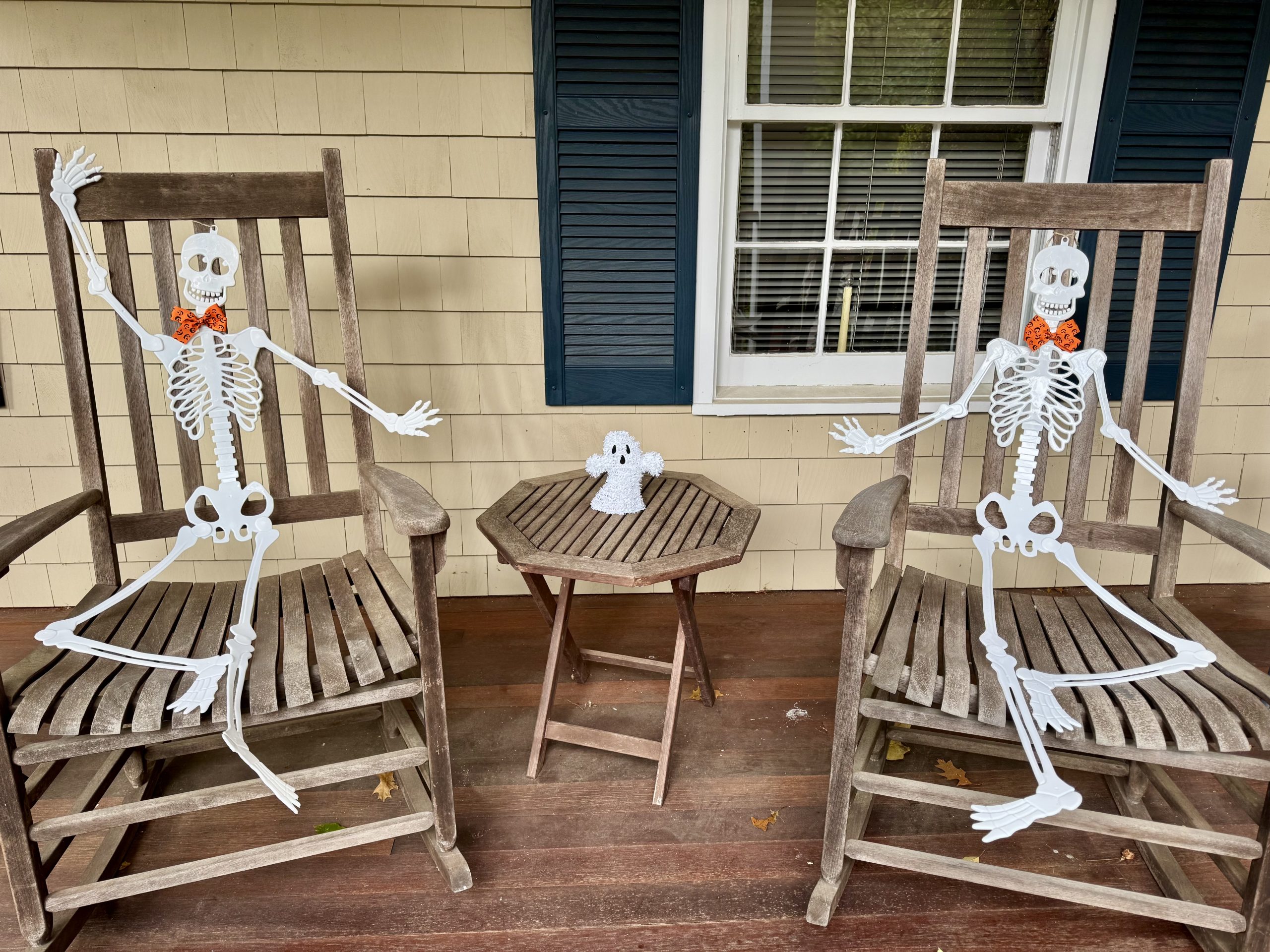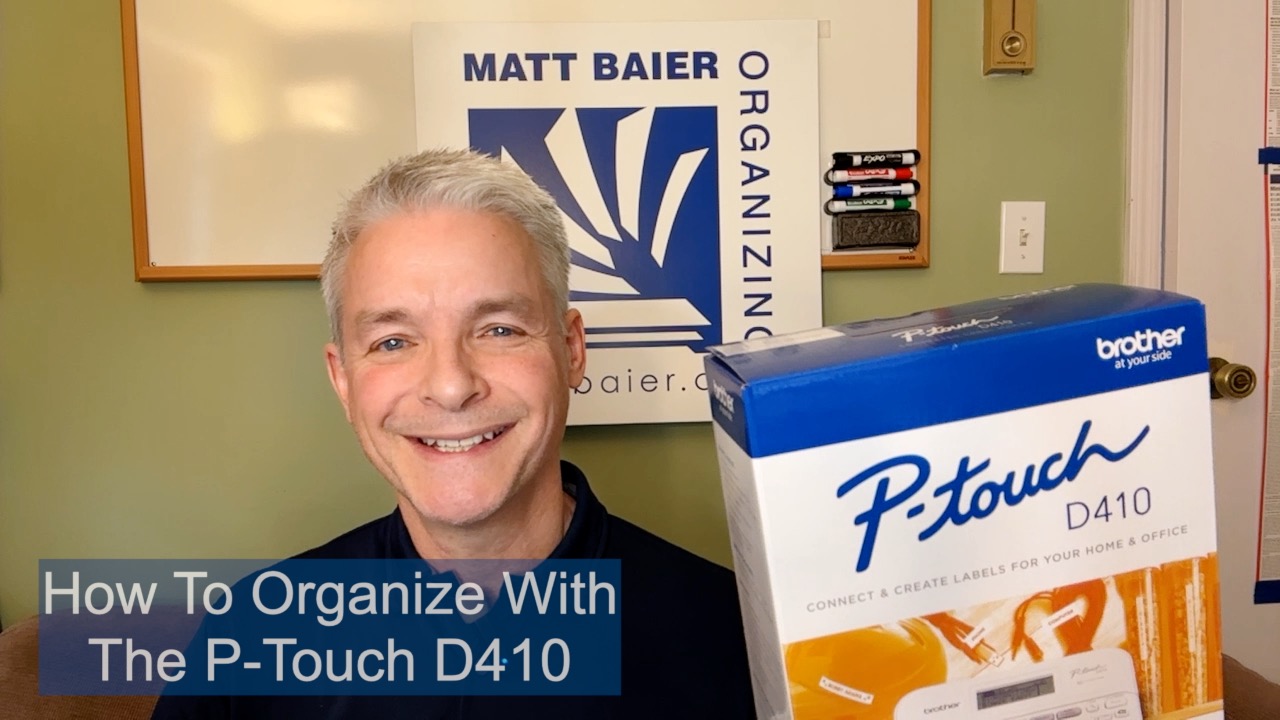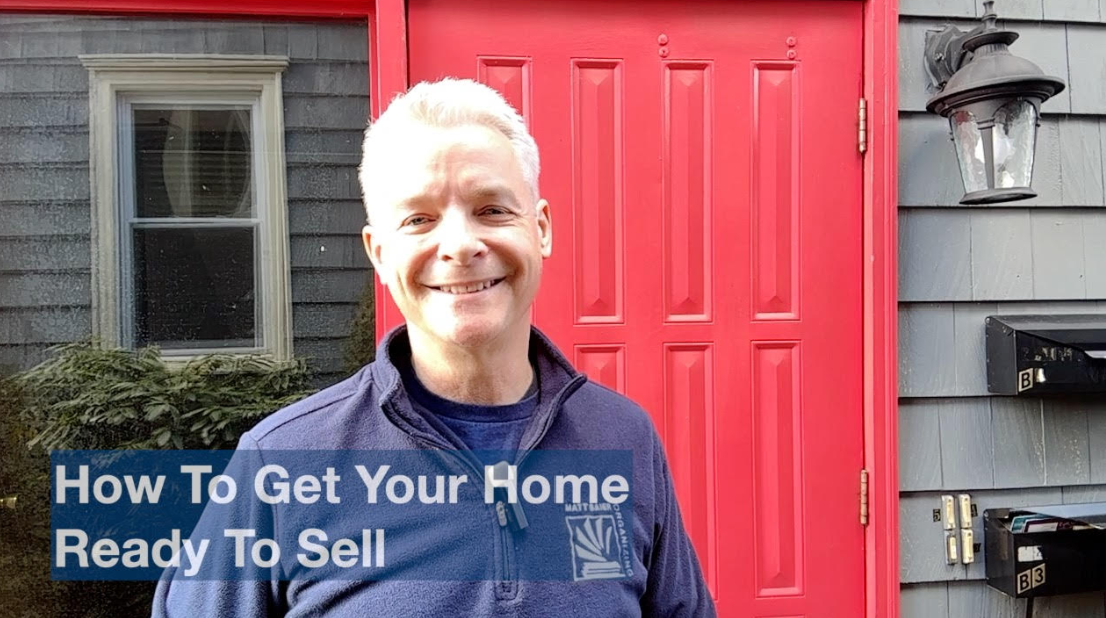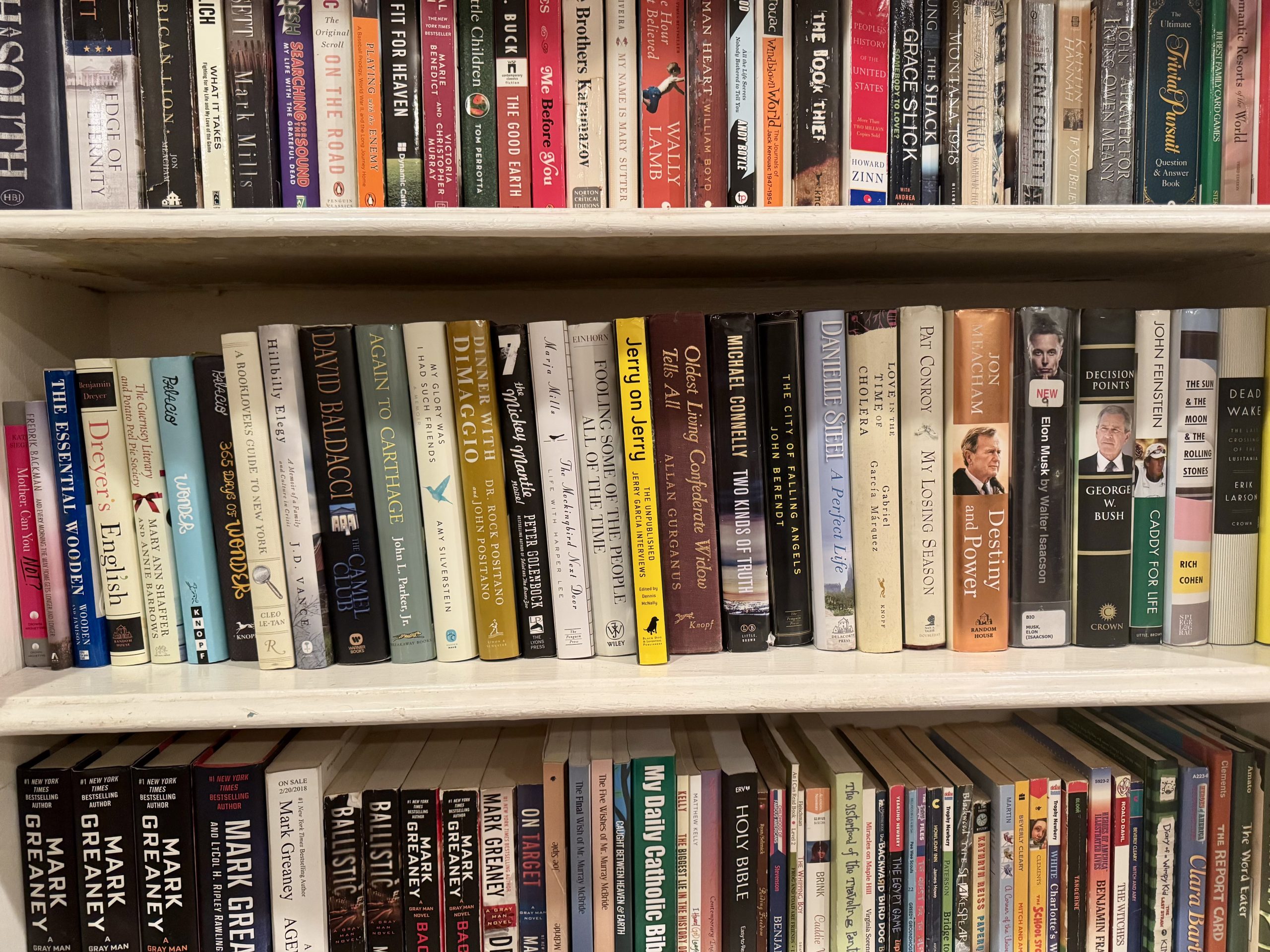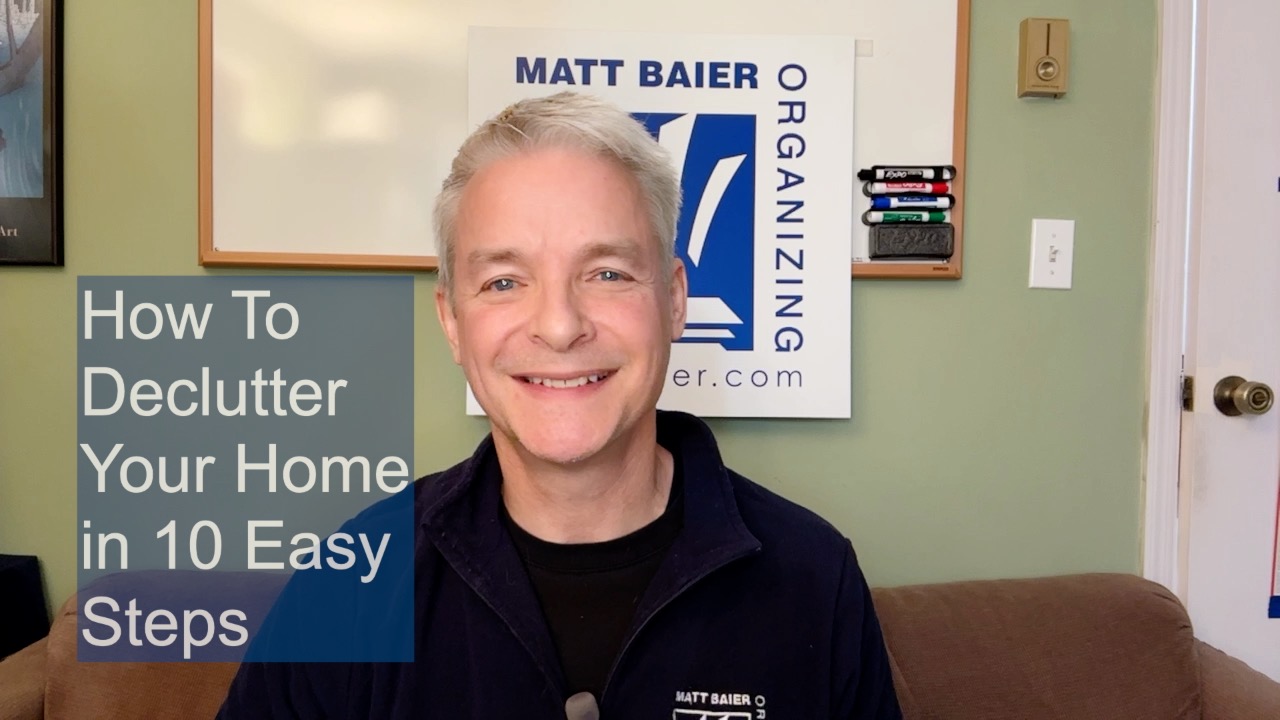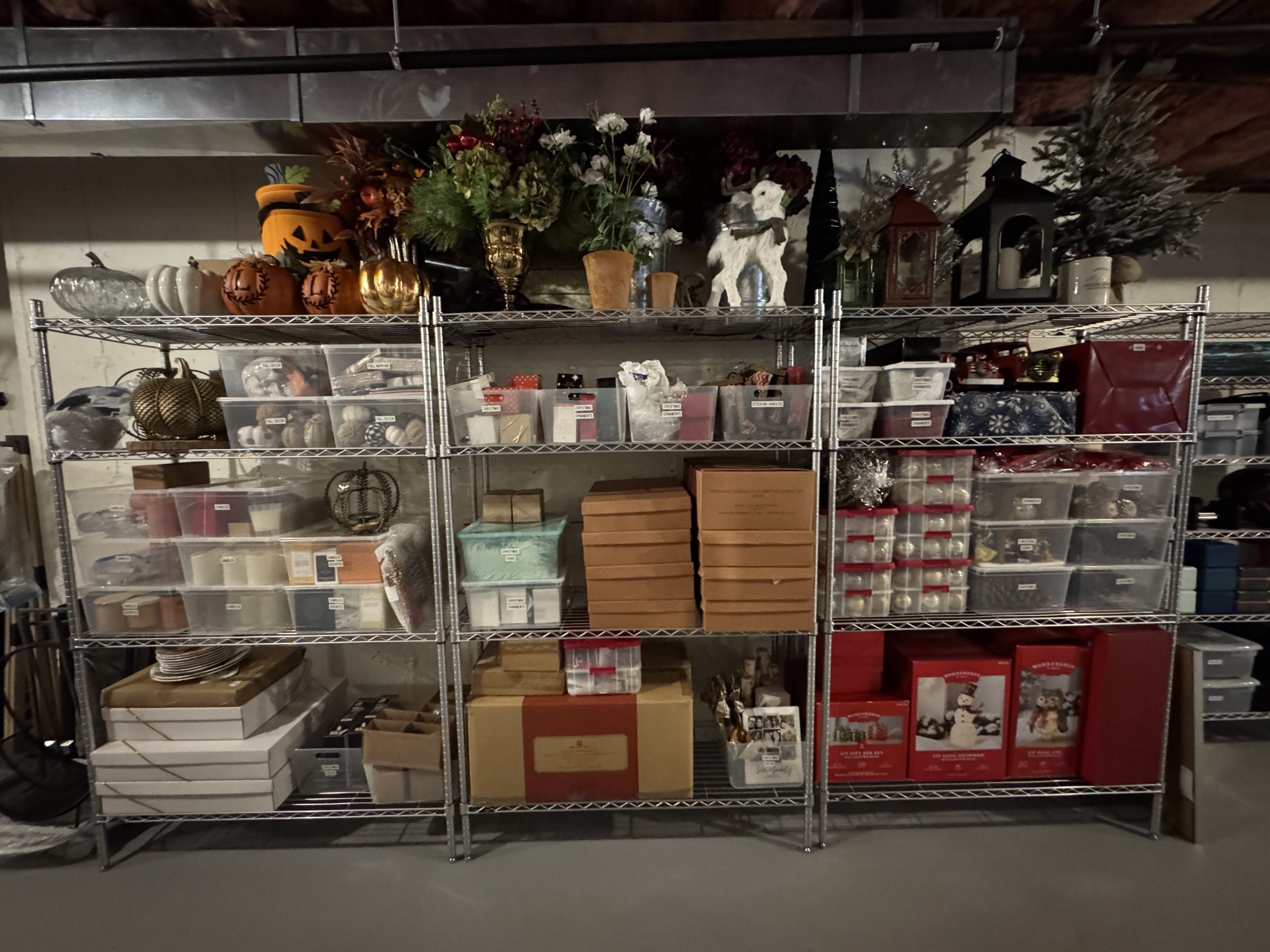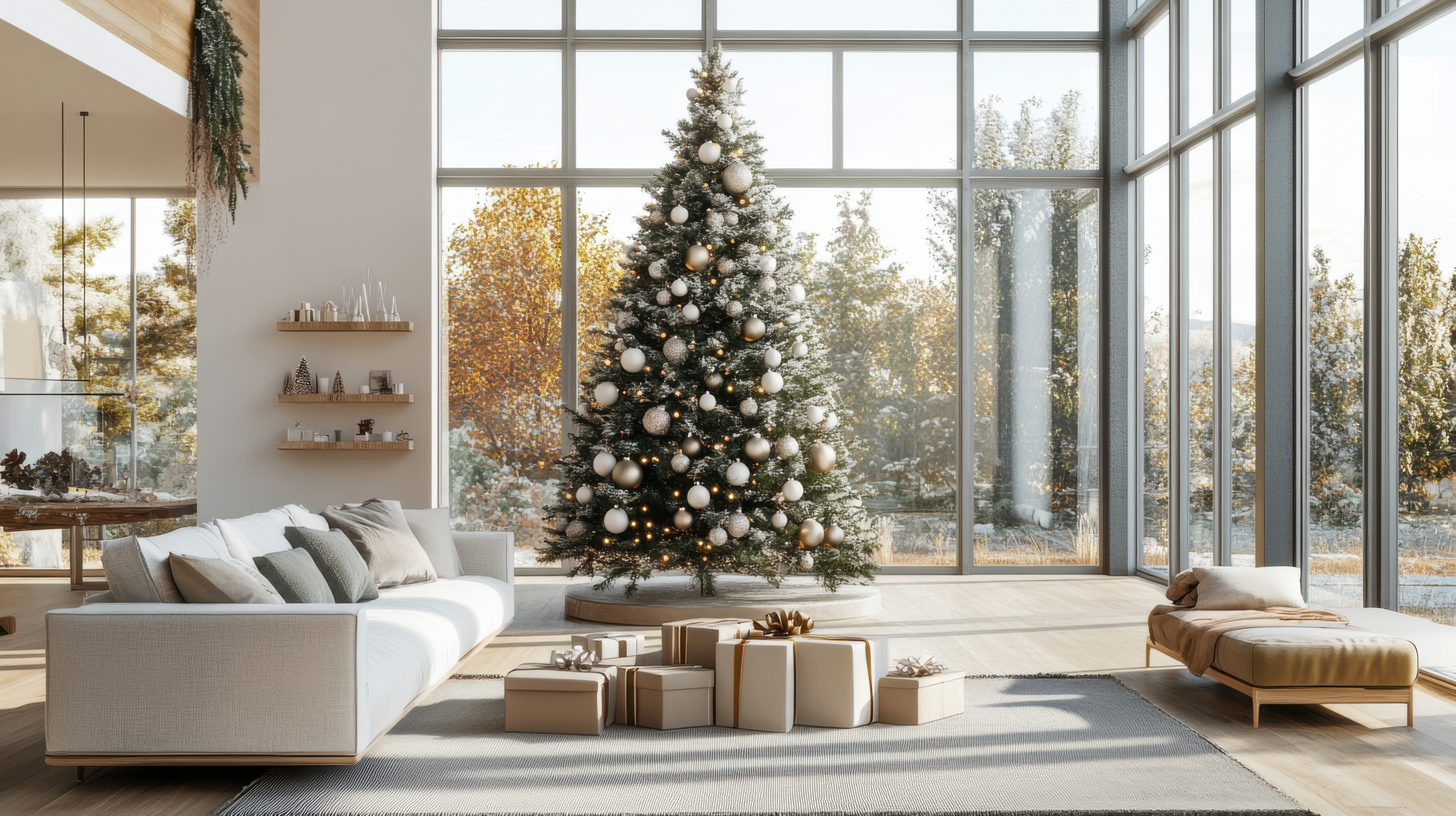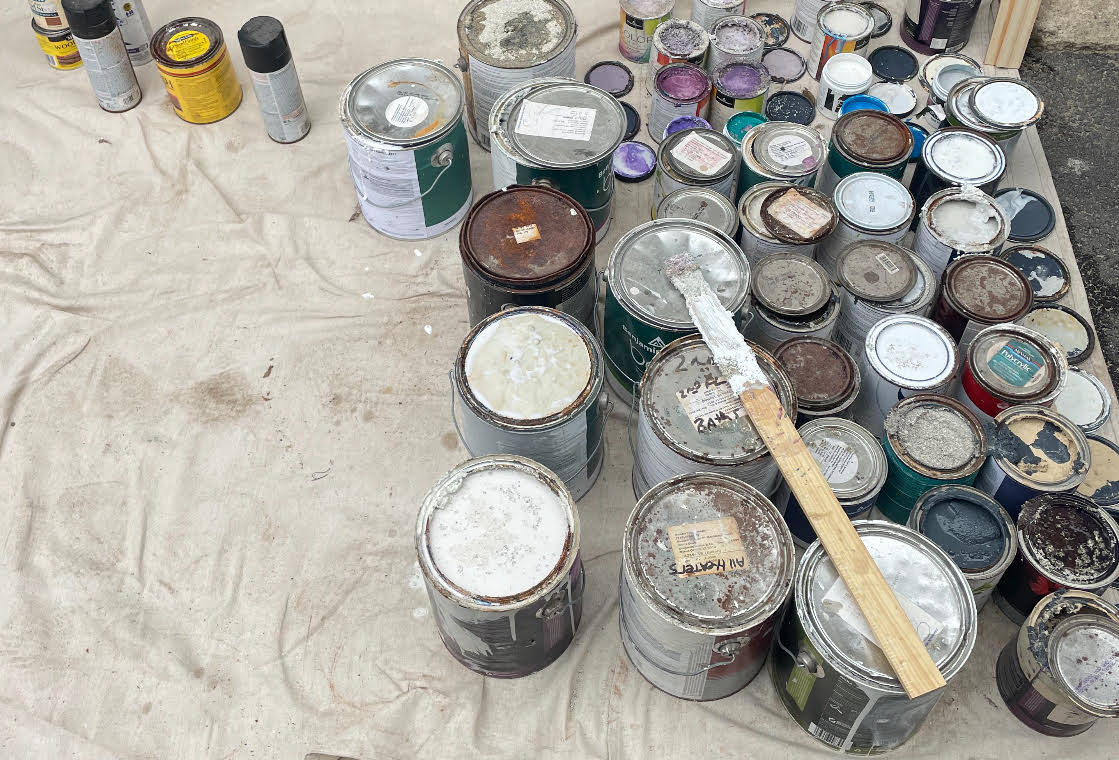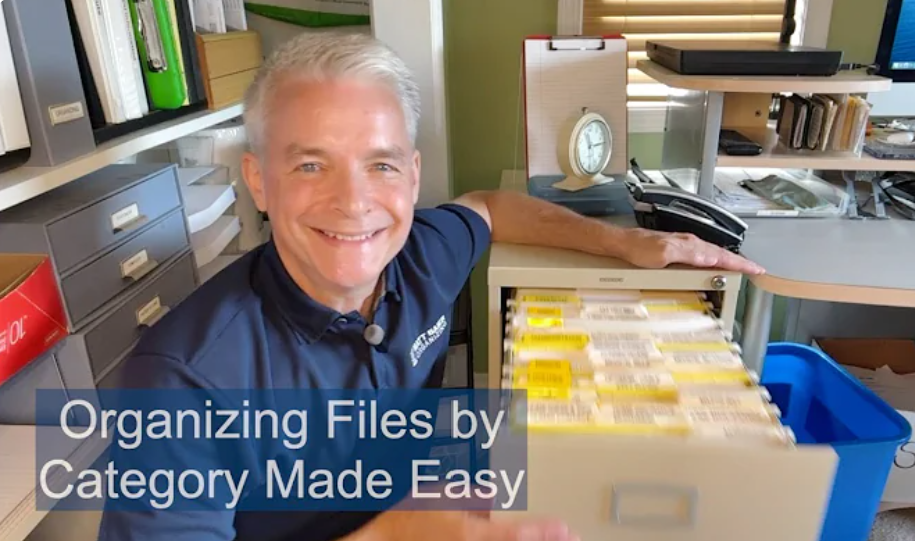Halloween is over; now the scary part begins!
Halloween may be scary for the kids, but for adults the scary starts after theRead More
Spring Cleaning: Not just for the Spring
Most of us are familiar with the concept of "Spring Cleaning," which typically refersRead More
How to Organize for Multi-Purposes with the Multi-Purpose Bin
I just love the Multi Purpose Bin from The Container Store and today I’m excitedRead More
How To Organize With The P-Touch D410
This will be a look at how to organize with the P-Touch D410 and muchRead More
How to Get Your Home Ready to Sell
For those of you who prefer to read, here is a transcription of my videoRead More
Did you know? Declutter your book collection, make an impact
We've worked in many homes with large personal libraries - which is great! In myRead More
How to Declutter Your Home in 10 Easy Steps
For those of you who prefer to read, here is a transcription of my videoRead More
Organizing for the post-holiday season
The winter holidays have come and gone. Don’t feel bad if that means your homeRead More
How to organize your garage
Before we get into how, we have to start with why do you want toRead More
Did you know? NAPO-CT is collecting for pets
I’m excited to share with our clients, and any readers who are interested, that MattRead More
Organizing For Small Spaces
How do you organize your space when there is no space? I was asked thisRead More
Holidays Made Easy: Organizing tips for the holidays
For those of you who prefer to read, here is a transcription of my videoRead More
Did you know? Responsible medication disposal
These days it can seem like there is an infinite number of medications outRead More
Did you know? New life for old paint
Paint. We all hang on to it. You painted your kitchen 15 years ago? YouRead More
Organizing Files by Category Made Easy
For years I have recommended the book, File Anything in Your Home: And Find ItRead More

